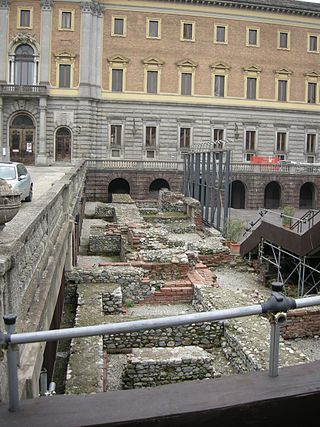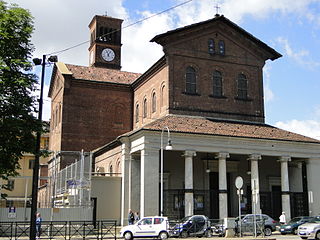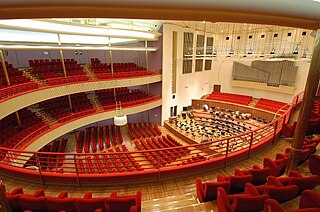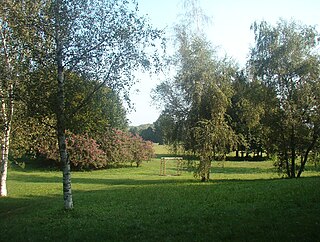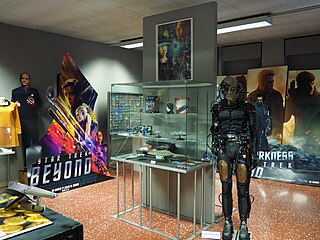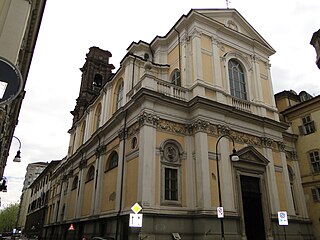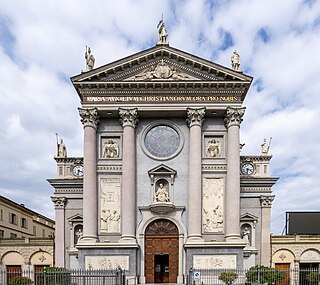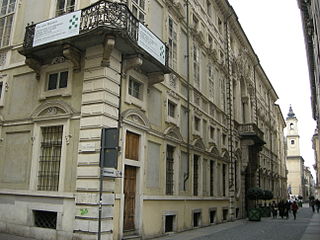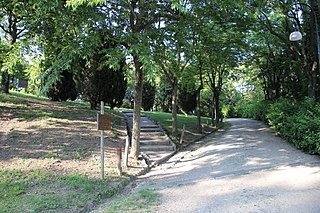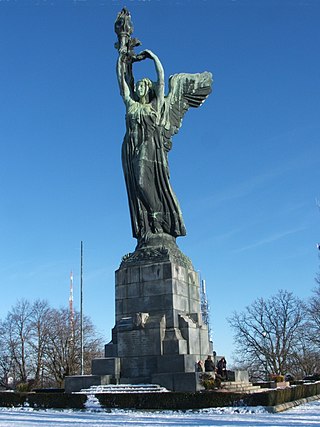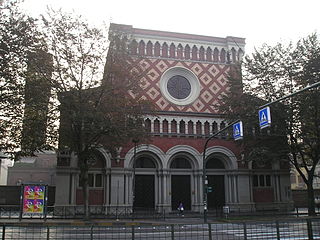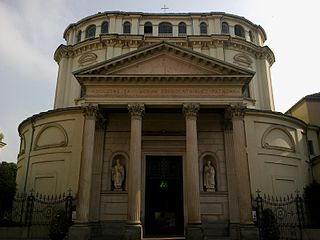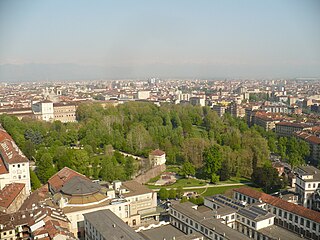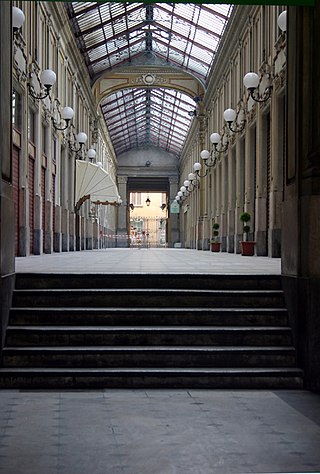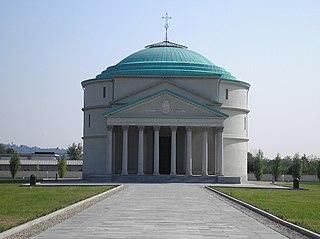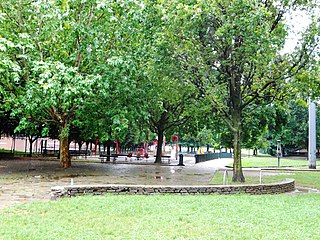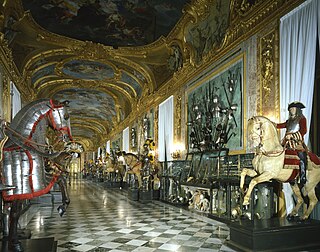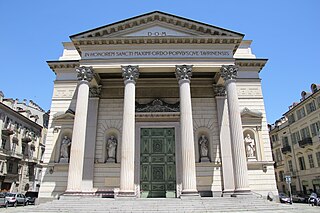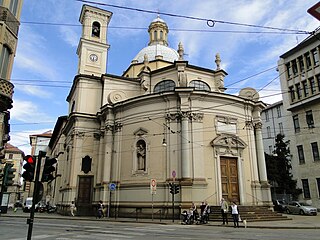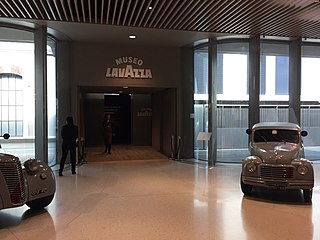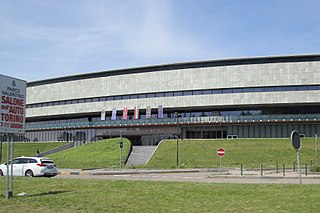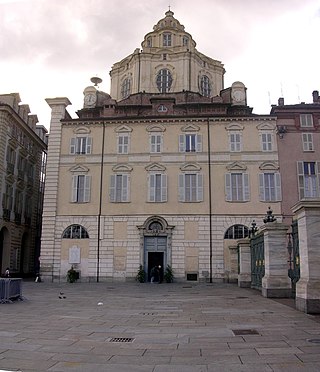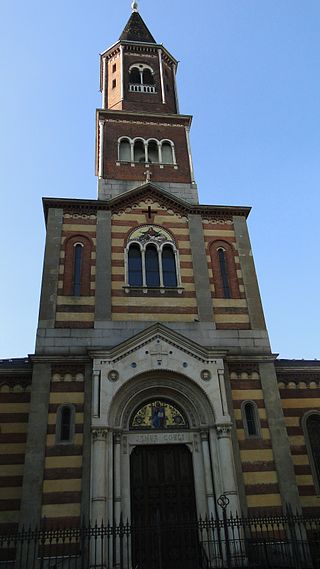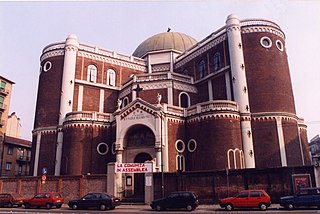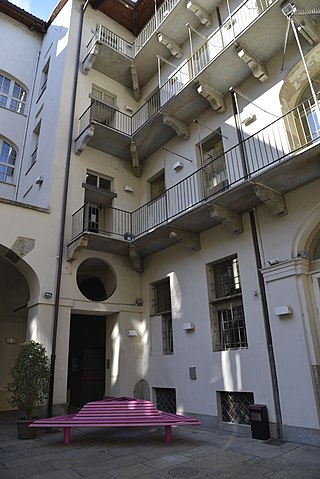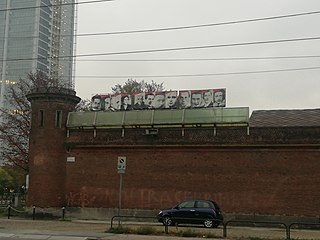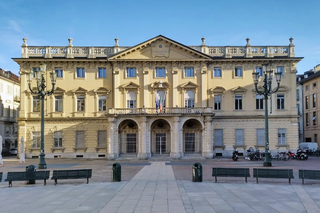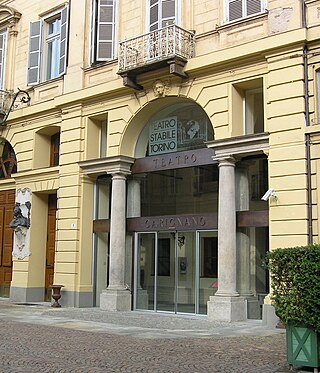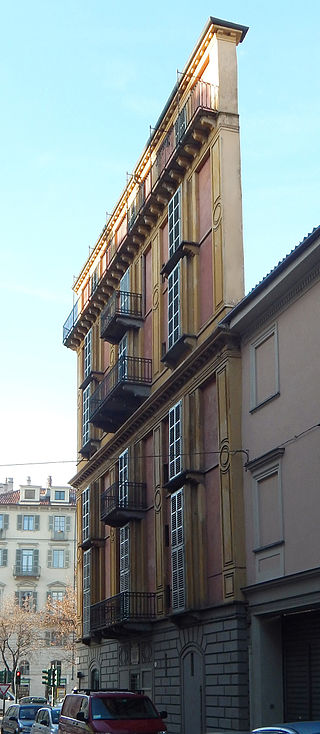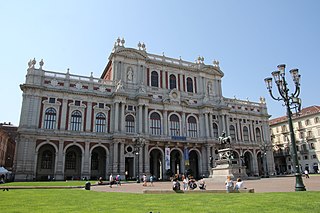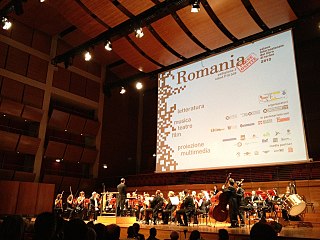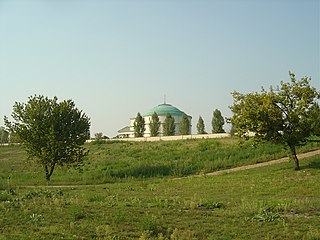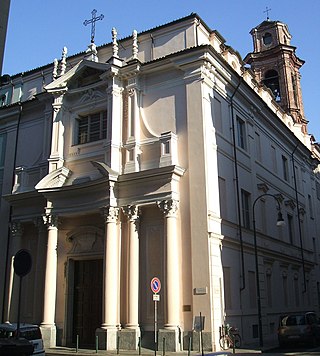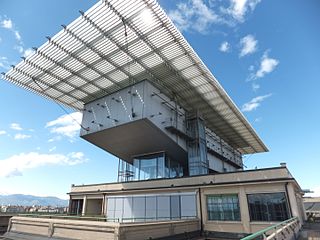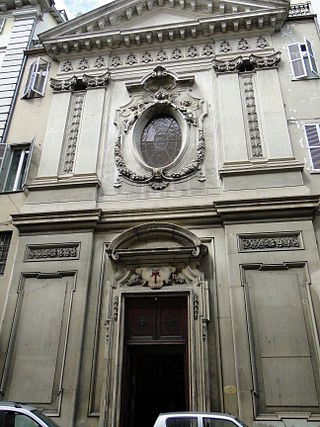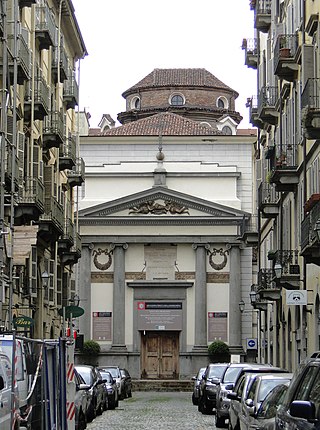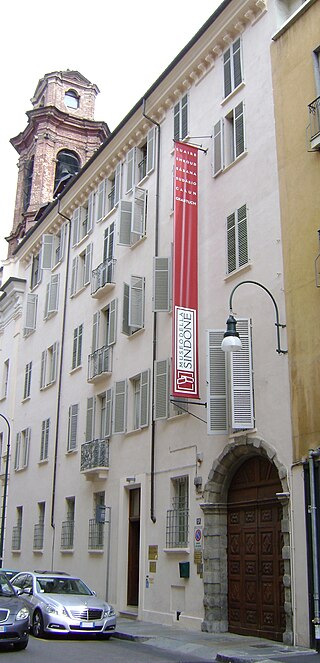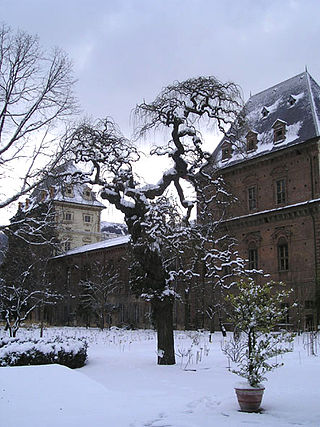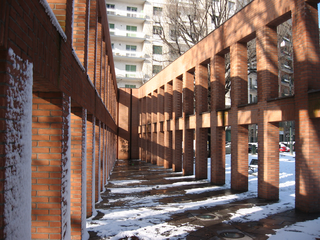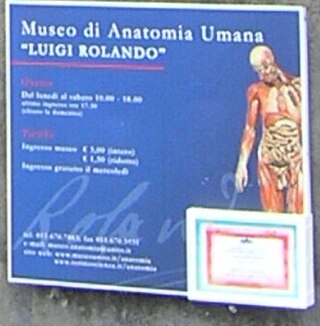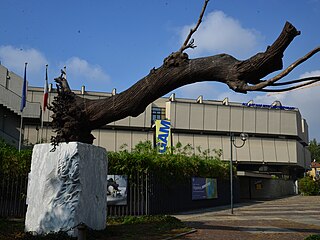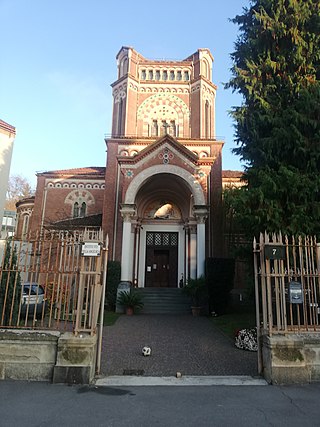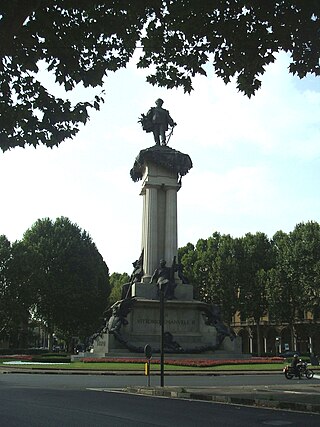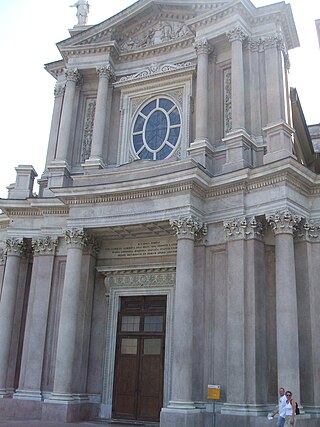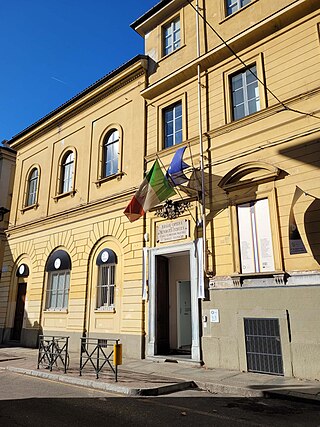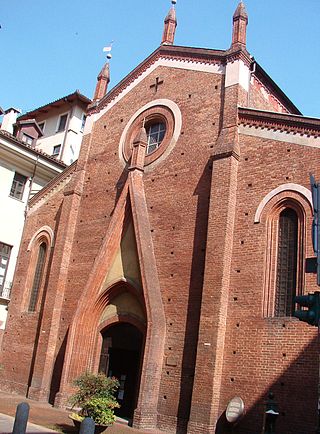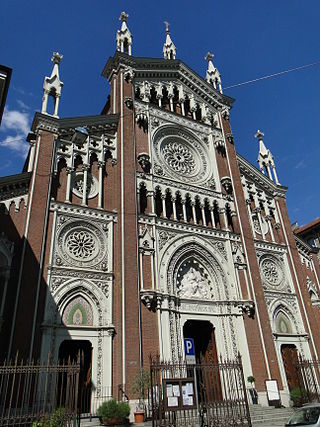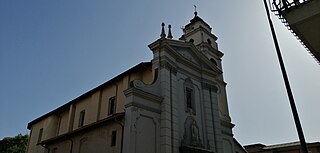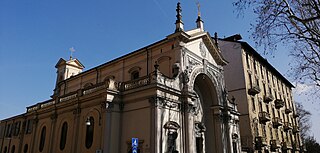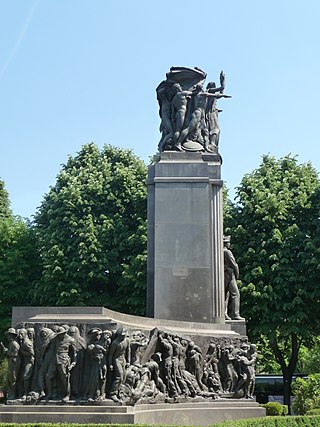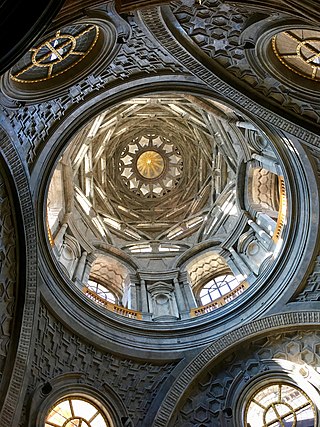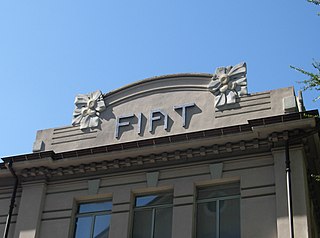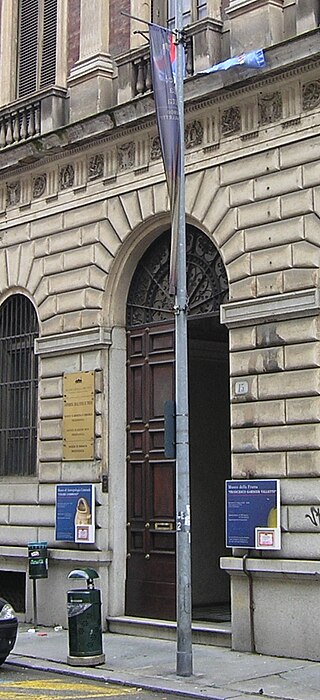66 Sights in Turin, Italy (with Map and Images)
Legend
Premium Sights
Book tickets, guided tours and activities in Turin.
Guided Free Walking Tours
Book free guided walking tours in Turin.
Welcome to your journey through the most beautiful sights in Turin, Italy! Whether you want to discover the city's historical treasures or experience its modern highlights, you'll find everything your heart desires here. Be inspired by our selection and plan your unforgettable adventure in Turin. Dive into the diversity of this fascinating city and discover everything it has to offer.
Sightseeing Tours in TurinActivities in TurinThe Juventus Museum, called the J-Museum, is a sports museum dedicated to the most decorated football club in Italy, Juventus FC The museum is part of a complex surrounding Juventus Stadium; it is entirely bilingual in Italian and English, and opened in 2012, the 115th anniversary of the club, by club president Andrea Agnelli and museum chairman Paolo Gamberti.
2. National Cinema Museum
The National Museum of Cinema located in Turin, Italy, is a motion picture museum fitted out inside the Mole Antonelliana tower. It is operated by the Maria Adriana Prolo Foundation, and the core of its collection is the result of the work of the historian and collector Maria Adriana Prolo. It was housed in the Palazzo Chiablese.
3. Teatro Regio
The Teatro Regio is a prominent opera house and opera company in Turin, Piedmont, Italy. Its season runs from October to June with the presentation of eight or nine operas given from five to twelve performances of each.
4. Porta Palatina
The Palatine Gate is a Roman Age city gate located in Turin, Italy. The gate provided access through the city walls of Julia Augusta Taurinorum from the North side and, as a result, it constituted the Porta Principalis Dextra of the old town.
5. Egyptian Museum
The Museo Egizio or Egyptian Museum is an archaeological museum in Turin, Italy, specializing in Egyptian archaeology and anthropology. It houses one of the largest collections of Egyptian antiquities, with more than 30,000 artifacts, and is considered the second most important Egyptological collection in the world, after the Egyptian Museum of Cairo. In 2019, it received 853,320 visitors, making it one of the most visited museums in Italy.
6. Parco Dora (area Michelin)
Parco Dora is a post-industrial park in the city of Turin of 456,000 m² of extension, located in the Spina 3 area where the large production plants of Fiat and Michelin stood until the nineties. It takes its name from the river that crosses it, the Dora Riparia, and is surrounded by Via Nole, Via Valdellatorre, the Carlo Donat-Cattin tunnel, Corso Mortara, Corso Principe Oddone, the Environment Park, Via Daubrée, Corso Umbria, Piazzale Piero della Francesca, between Districts 4 and 5.
7. Teatro Romano
The Roman Theater of Turin is part of the Roman remains of the ancient Augusta Taurinorum, included in the area of the Archaeological Park of Via XX Settembre. Dating back to 13 BC, it was active until the third century and represents the only infrastructure of the Roman city (Quadrilateral) to have left conspicuous evidence of the three successive construction phases. Its rediscovery in the modern age took place in 1899, during the demolition of some wings of the Royal Palace.
8. Beata Vergine delle Grazie
The Church of the Blessed Virgin of Grace, commonly known as the Church of the Crocetta, is a Catholic building located in the district of the same name in Turin. The popular name derives from the red and blue cross that adorned the habit of the Trinitarian fathers, for a long time holders of the building and worship.
Wikipedia: Chiesa della Beata Vergine delle Grazie (Torino) (IT)
9. Auditorium RAI
The Rai Auditorium in Turin "Arturo Toscanini" is a Rai structure, in the Piedmontese capital. Built at the end of the nineteenth century to host equestrian performances, it was radically renovated several times during the twentieth century.
10. Parco Pietro Colletta
Parco Colletta is a park in the city of Turin, of 448,000 m². It is part, together with the Arrivore park, of the Arrivore and Colletta equipped area, of 208 hectares, an area that in turn is a portion of the Po river park in Turin. It is also mistakenly known as Parco della Colletta and this name is even reported on some municipal signs.
11. Museo del Fantastico e della Fantascienza
The MuFant is a small museum in the city of Turin, the first in Italy entirely dedicated to fantastic and science fiction themes. There are collections that pertain to the different expressions of the fantastic-science fiction genre: literature, cinema, comics, collecting, modeling, television, illustration. It is located in the square dedicated to Riccardo Valla, science fiction critic and writer.
Wikipedia: Museo del fantastico e della fantascienza (IT), Website
12. Museo storico nazionale dell'artiglieria
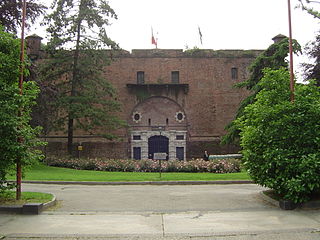
The National Historical Museum of Artillery is a museum center of the history of military technologies, located in the city of Turin inside the Keep of the Citadel. The building is the only fortified part of the Citadel that has remained standing on the surface, demolished in the various extensions of the city.
13. Chiesa della Madonna del Carmine
The church of the Madonna del Carmine is a Catholic place of worship located in the central area of Turin, in Via del Carmine at the corner of Via Bligny. Designed by Filippo Juvarra, it was built between 1732 and 1736.
14. Basilica of Our Lady Help of Christians
The Basilica of Our Lady Help of Christians is a Pontifical church and Marian shrine in Turin, Italy. The building was originally part of the safehouse for poor boys cared for by Don Bosco, it now contains the remains of Bosco, and six thousand numbered relics of other Catholic saints.
Wikipedia: Basilica of Our Lady Help of Christians, Turin (EN), Website
15. Palazzo Falletti di Barolo
Palazzo Barolo is a patrician residence in Turin. It is the headquarters of the Opera Barolo which, according to the will of the Marquise Giulia, has the task of continuing the activities of human promotion and social service that Giulia and her husband Tancredi had started.
16. Parco della Rimembranza
The Parco della Rimembranza, commonly known as Parco della Maddalena, is a vast public city garden on the hill of Turin, located around the summit of Bric della Maddalena, which with its 715 m above sea level is the highest point of the city. It is more than 90 hectares in size and is home to over 21,000 trees, many of which are non-native. It consists of a large panoramic square located on the top of the hill with the Victory Lighthouse in the center, the Taurinense Arboretum and a series of roads and pedestrian paths of about 45 km in length.
17. Faro della Vittoria
The Victory Lighthouse, also known as the Magdalene Lighthouse, is a colossal monument dedicated to the Winged Victory, located on the top of the Remembrance Park at the Colle della Maddalena. The lighthouse's optics are housed in the torch held in the hands of the imposing bronze statue, the work of the Turin sculptor Edoardo Rubino.
18. Chiesa di San Gioacchino
The church of San Gioacchino is a Catholic church in Turin in front of the former Ciriè-Lanzo railway station, in Corso Giulio Cesare, in the Porta Palazzo sub-district on the border with Borgo Dora.
19. Santuario della Consolata
The Santuario della Madonna Consolata is a Catholic minor basilica and Marian shrine in central Turin, Piedmont, Italy. Located on the intersection of Via Consolata and Via Carlo Ignazio Giulio, the shrine is dedicated to the Blessed Virgin Mary under the title of Our Lady of Consolation.
20. Giardini Reali
The Royal Gardens of Turin are green areas located behind the Royal Palace, the Government Palace and the Royal Armoury, in the historic center of Turin, between Piazza Castello and Corso San Maurizio; The lower part of the gardens is public. The green areas are crossed by the I Maggio and Partigiani avenues, at the confluence of which the monument to the carabiniere was erected in 1933, later declared an Italian national monument.
21. Galleria Umberto I
The Galleria Umberto I is one of the current three historic shopping malls in Turin. It cuts through the Santa Croce block, in the Roman Quadrilateral of the Center. It connects Piazza della Repubblica and Via della Basilica. Formerly the ancient site of the first hospital in Turin, it was the largest shopping arcade in the city.
22. Mausoleo della Bela Rosin
The mausoleum of Bela Rosin, the name by which the Mirafiori Pantheon is commonly known, is a neoclassical building in Turin located in the suburban district of Mirafiori Sud. It is a small-scale copy of the Pantheon in Rome, built as a family tomb by the children of Rosa Vercellana, nicknamed in Piedmontese Bela Rosin, morganatic wife of Vittorio Emanuele II of Savoy.
23. Parco Sempione
Parco Sempione is a public park in the City of Turin, located between the districts of Borgo Vittoria, Barriera di Milano and Rebaudengo. It is the twenty-sixth largest park in the city, with an area of 88,210 m².
24. Armeria Reale
The Royal Armoury of Turin is one of the world's most important collections of arms and armour, formed in Turin by the Savoy family. The museum is now part of the Musei Reali di Torino, the royal site that has unified the Royal Palace, the Sabauda Gallery, the Archaeological Museum, the Royal Library and the Armoury. The whole site has been included on the UNESCO World Heritage list since 1997.
25. Chiesa di San Massimo
The church of San Massimo is a Catholic church located in the central area of Turin, in Via San Massimo at the corner of Via Mazzini, not far from Corso Vittorio Emanuele II. It was built between 1845 and 1853 and designed by the architects Carlo Sada and Giuseppe Leoni, and is dedicated to St. Maximus, the first bishop of Turin. Together with the church of San Francesco di Sales, it is an example of nineteenth-century neoclassical architecture in the Borgo Nuovo.
26. Chiesa di San Tommaso
The church of San Tommaso apostolo is a Catholic place of worship in Turin, located in the heart of its historic center, at the intersection of Via Pietro Micca, Via San Tommaso and Via Monte di Pietà.
27. Museo Lavazza
The Lavazza Museum is one of the newest museums in Turin. Located in the Aurora district, it is located in the Nuvola Lavazza complex, the new headquarters of the coffee company of the same name and covers about 1200 square meters.
28. Museo Civico d'Arte Antica
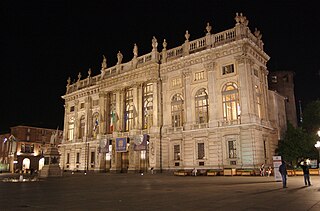
The Museo Civico d'Arte Antica is an art museum located in the Palazzo Madama in Turin, Italy. It has a renowned collection of paintings from the medieval, Renaissance and Baroque periods. It reopened in 2006 after several years of restorations.
29. MAUTO Museo Nazionale dell'Automobile
The Museo Nazionale dell'Automobile di Torino, known as MAUTO, is an automobile museum in Turin, Italy, founded by Carlo Biscaretti di Ruffia. The museum has a collection of almost 200 cars among eighty automobile brands representing eight countries . The museum is situated in a building dating from 1960, and it has three floors. After restructuring in 2011 the museum is open again, and its exhibition area has been expanded from 11,000 square metres (120,000 sq ft) to 19,000 square metres (200,000 sq ft). The museum also has its own library, documentation centre, bookshop and auditorium.
30. Chiesa di San Lorenzo
San Lorenzo, also known as the Royal Church of Saint Lawrence, is a Baroque-style church in Turin, adjacent to the Royal Palace of Turin. The present church was designed and built by Guarino Guarini during 1668–1687.
31. Chiesa di San Giovanni Evangelista
The church of San Giovanni Evangelista is one of the churches that St. John Bosco had built in Turin in the nineteenth century; it is located in Corso Vittorio Emanuele II at no. 13, in the block between Via Madama Cristina and Via Ormea, in the deliberate vicinity of the Waldensian Temple.
32. Chiesa di Maria Regina della Pace
The church of Maria Regina della Pace is a parish church, located in Turin, in the Barriera district of Milan: currently the parish territory extends along the axis of Corso Giulio Cesare, from Via Monte Nero to Via Cuneo and from Piazza Bottesini to Via Banfo; There are over 19,000 residents.
33. Museo Diffuso della Resistenza, della Deportazione, della Guerra, dei Diritti e della Libertà
The Widespread Museum of the Resistance, Deportation, War, Rights and Freedom consists of an interpretation center, which is located at the Juvarra palace of the "Military Quarters", in Turin, and a network of places distributed throughout the urban territory.
Wikipedia: Museo diffuso della Resistenza, della deportazione, della guerra, dei diritti e della libertà (IT), Website
34. Museo del carcere Le Nuove
The Museum of the Prison "Le Nuove" is located at the former prison of Turin, called Le Nuove, built between 1854 and 1869, inaugurated in 1870 under the reign of Vittorio Emanuele II, it remained in operation until it was replaced in 1986 by the more modern prison "Lorusso and Cutugno" located in the Vallette district.
35. Parco del Valentino
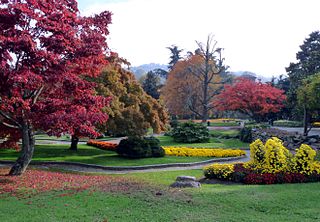
Parco del Valentino is a popular public park in Turin, Italy. It is located along the west bank of the Po river. It covers an area of 500,000m², which makes it Turin's second largest park . This park has been nominated “The best Italian park” after a selection among the fifteen best Italian parks.
36. Conservatorio Giuseppe Verdi
The Conservatorio Statale di Musica Giuseppe Verdi, also known as the Conservatorio Giuseppe Verdi or Conservatorio Torino and more commonly known in English as the Turin Conservatory, is a music conservatory in Turin, Italy. It should not be confused with the Milan Conservatory or Como Conservatory; schools which have also been known as the Conservatorio Giuseppe Verdi.
37. Teatro Carignano
The Teatro Carignano is a theatre in Turin and one of the oldest and most important theatres in Italy. Designed by Benedetto Alfieri, it is located opposite the Palazzo Carignano. Building commenced in 1752 and the theatre was inaugurated the following year with a performance of Baldassare Galuppi's opera, Calamità de' cuori. Much of the theatre was destroyed in a fire in 1786, but it was rebuilt in a few months using Alfieri's original plans. Since then it has undergone several renovations. Although today it is primarily used for performances of plays, in the past it was an important opera house. The theatre is owned by the City of Turin but administered by the theatre company, Teatro Stabile di Torino, and is one of the company's principal performing venues.
38. Casa Scaccabarozzi
Casa Scaccabarozzi, commonly known as Fetta di Polenta, is a historic building located in the Vanchiglia neighborhood of the northern Italian city of Turin. It is famous for its unusual and very thin trapezoidal plan and for being only 54 centimetres (1.77 ft) at its narrowest. Its primary nickname due to its resemblance to the shape to a slice of polenta.
39. Museo nazionale del Risorgimento italiano
The National Museum of the Italian Risorgimento is the first, the biggest and the most important among the 23 museums in Italy dedicated to the Risorgimento; and the only one which can be considered "national" according to a 1901 law, and due to its rich and great collections. It is housed in the Palazzo Carignano in Turin.
40. Auditorium Gianni Agnelli
The "Gianni Agnelli" Auditorium is a concert hall in Turin, Italy. Designed in 1994 by the famous architect Renzo Piano, in the context of the entire redevelopment of the former FIAT plant in Lingotto, the auditorium is one of the main structures suitable for hosting classical music concerts in Turin; it is also a regular venue for conferences and congress events. Among the main events, the Auditorium hosts part of the performances of the Settembre Musica symphonic review and the major congress events of the International Book Fair.
41. Parco Sangone
The Sangone Park is the twentieth largest park in the city of Turin. Its surface area is 120,000 m². It was inaugurated in July 2007 after the redevelopment of the banks of the Sangone stream in the stretch between Strada delle Cacce and Via Artom.
42. Chiesa del Santo Sudario
The Church of the Holy Shroud is a Catholic place of worship in Turin, located at the intersection of Via Piave and Via San Domenico, in the area of the Military Quarters of the eighteenth-century city. It was built between 1734 and 1764.
43. Pinacoteca Agnelli
The Pinacoteca Giovanni e Marella Agnelli or Pinacoteca Agnelli is an art gallery in Turin, Italy. It opened in 2002 on the top floor of the Lingotto complex, the headquarters of the Italian auto giant Fiat S.p.A. founded in 1899 by Giovanni Agnelli. As part of the complex, Lo scrigno, a 450 square-metre steel structure designed by Renzo Piano, is raised 34 metres off the test track on the roof of the plant. Its style represents a crystal spaceship, referring back to the original building's futuristic style. Its permanent collection is a selection of paintings and sculptures from Gianni and Marella Agnelli's private collection, such as Pierre-Auguste Renoir's Blonde Bather and Édouard Manet's La Négresse, as well as paintings by Henri Matisse, Canaletto, Giovanni Battista Tiepolo, Antonio Canova, Pablo Picasso, and Amedeo Modigliani. The gallery also puts on temporary modern art exhibitions.
Wikipedia: Pinacoteca Giovanni e Marella Agnelli (EN), Website
44. Chiesa di San Giuseppe
The church of San Giuseppe is one of the churches of Turin, located in via Santa Teresa 22, between via dei Mercanti and via San Francesco di Assisi. It should not be confused with the church of the Patronage of St. Joseph in via Biglieri 7 in the Nizza Millefonti district.
45. Chiesa della Misericordia
The Church of the Misericordia is one of the churches of Turin, located in via Barbaroux 41. It is dedicated to St. John the Baptist. It owes its name to the Archconfraternity of Mercy, which in the eighteenth century took possession of it and renovated it, so named because its members had the task of comforting those condemned to death, accompanying them to the scaffold, taking care of their subsequent funerals and having masses celebrated in suffrage of their souls.
46. Museum of the Shroud
The Museum of the Shroud, founded in 1936 by the Confraternity of the Holy Shroud, is based in Turin. It exhibits finds, documents, images relating to the history of the Holy Linen, as well as good documentation relating to the scientific research carried out on it. An image of the shroud in the form of a hologram is also on display, which makes evident its particular three-dimensional structure, discovered by Jackson and Jumper in 1978 and independently confirmed, with different techniques, by Giovanni Tamburelli from Turin in the same year.
47. Orto Botanico di Torino
The Orto Botanico dell'Università di Torino is a botanical garden and arboretum operated by the Dipartimento di Biologia Vegetale of the University of Turin. It is located in the Parco del Valentino along the Po River, at Viale Pier Andrea Mattioli, Turin, Italy, and open weekends and holidays during the warmer months; an admission fee is charged.
Wikipedia: Orto Botanico dell'Università di Torino (EN), Website
48. Basilica of the Body of Christ
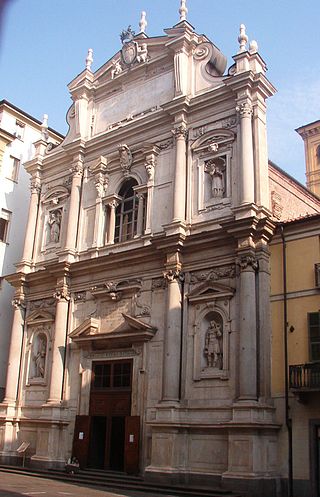
The Basilica of Corpus Domini is a Roman Catholic church in Turin, Italy, built to celebrate the "Miracle of the Eucharist" which, according to various sources, occurred in 1453 during the war between the Duchy of Savoy and France.
49. Opera per Torino
Opera per Torino is a work by the Danish artist Per Kirkeby created between 2004 and 2005 as part of the Artecittà: 11 artists for the Passante Ferroviario project and located in Turin, in Largo Orbassano. It is a double-height portico made mainly of brick.
50. Museo di Anatomia Umana Luigi Rolando
The Museum of Human Anatomy Luigi Rolando is a museum of human anatomy that was founded in 1739 with headquarters in Torino, Italy. It is part of the museum network of the University of Turin and moved to its current location in the Building of the Anatomical Institutes in 1898.
51. San Filippo Neri
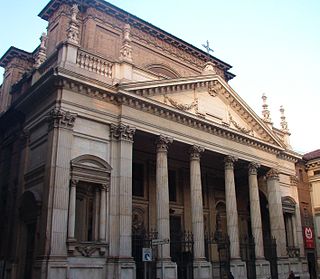
San Filippo Neri is a late-Baroque style, Roman Catholic church located in Turin, region of Piedmont, Italy. The church is located on Via Maria Vittoria 5; the left flank of the nave faces the Turin Academy of Sciences. The church is still used for services. 69 metres (226 ft) long and 37 metres (121 ft) wide, it is the largest church in the city of Turin.
52. Museo Accorsi Ometto
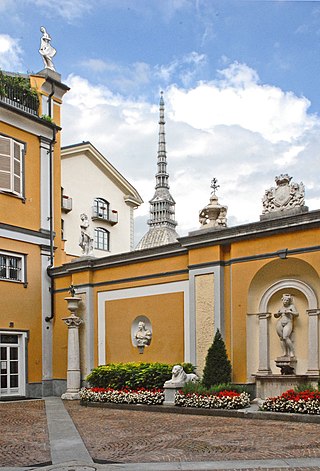
The Accorsi–Ometto Museum is a private museum based in Turin, northern Italy. It is chronologically the first decorative arts museum in Italy. The museum was originated from a legacy left by Pietro Accorsi and was opened by Giulio Ometto, president for life of the "Fondation Pietro Accorsi" and Director ad interim of the museum.
53. Galleria civica d'Arte Moderna e Contemporanea
The Turin Civic Gallery of Modern and Contemporary Art is an art gallery in Turin, Italy, founded in 1891-1895 and located in 31 via Magenta. With the MAO, Palazzo Madama e Casaforte degli Acaja, the Borgo and the Rocca medioevali, it forms part of the Fondazione Torino Musei. The lower rooms house important reviews and a large collection of video art.
Wikipedia: Turin Civic Gallery of Modern and Contemporary Art (EN), Website
54. Parrocchia ortodossa San Massimo
The Church of the Holy Redeemer is a religious building located in the foothills of Turin, in the Madonna del Pilone district. It originally housed the Sisters of the Good Shepherd and was built in the period between 1893 and 1897 in a late-eclectic style by the architect Giuseppe Gallo. Since 2001 it has been granted to the Orthodox community of Turin and is dedicated to St. Maximus, the first bishop of the Savoy capital, and is dependent on the Patriarchate of Moscow. The seat of the local eparchy is in Paris, titular see of the diocese of Chersonesus of Europe.
Wikipedia: Chiesa del Santissimo Redentore (Torino) (IT), Website
55. Vittorio Emanuele II
The Monument to Vittorio Emanuele II is a statuary monument atop a set of columns, honoring the first King of Italy, and located in Turin, in the Largo of the same name, at the junction between Corso Vittorio Emanuele II and Corso Galileo Ferraris.
Wikipedia: Monument to Vittorio Emanuele II (Turin) (EN), Website
56. Chiesa di Santa Cristina
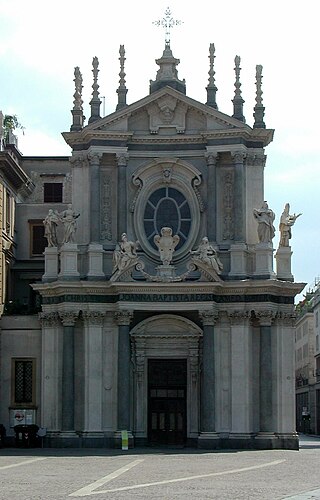
Santa Cristina is a Baroque style, Roman Catholic church located in Turin, region of Piedmont, Italy. It mirrors the adjacent church of San Carlo and faces the Piazza San Carlo. The arrangement recalls the twin churches of Santa Maria dei Miracoli (1681) and Santa Maria in Montesanto (1679) facing the Piazza del Popolo in Rome.
57. Chiesa di San Carlo Borromeo
San Carlo Borromeo or San Carlo is a Baroque style, Roman Catholic church located in Turin, region of Piedmont, Italy. It mirrors the adjacent church of Santa Cristina and faces the Piazza San Carlo. The arrangement recalls the twin churches of Santa Maria dei Miracoli (1681) and Santa Maria in Montesanto (1679) facing the Piazza del Popolo in Rome.
58. Camera - Centro Italiano per la fotografia
CAMERA – Italian Center for Photography is an exhibition space dedicated to photography based in Turin. Inaugurated in 2015, the center hosts exhibitions and education and research activities for the enhancement of the national and international photographic heritage.
Wikipedia: Camera - Centro Italiano per la Fotografia (IT), Website
59. Chiesa di San Domenico
The Church and Convent of Saint Dominic is a Roman Catholic church located in the city of Turin, Italy. Throughout its history it has served as a church, as inquisition tribunal, and as a masonic lodge.
60. Chiesa di Gesù Nazareno
The Church of Jesus of Nazareth, Turin is a Catholic church in the Cit Turin district of central Turin, Piedmont, Italy, designed by Giovanni and Bartolomeo Gallo and built between 1904 and 1929 on the Piazza Benefica.
61. Natività di Maria Vergine
The Church of the Nativity of the Virgin Mary in Pozzo Strada is a Roman Catholic church in the city of Turin, Italy. As the name suggests, it is located in the Pozzo Strada district. His parish is part of the Archdiocese of Turin.
Wikipedia: Chiesa della Natività di Maria Vergine (Torino) (IT)
62. Santissimo Nome di Gesù
The Church of the Holy Name of Jesus is a Catholic building of worship in the city of Turin. It is located in the Vanchiglietta district, on the border with Borgo Vanchiglia. His parish is part of the Archdiocese of Turin.
Wikipedia: Chiesa del Santissimo Nome di Gesù (Torino) (IT), Website
63. Carabiniere Reale
The National Monument to the Carabiniere is a work erected in 1933 in the external part of the gardens of the Royal Palace of Turin, at the confluence of the I Maggio and Partigiani avenues. It was one of the many monuments erected after the First World War to honor the sacrifice of the fallen.
64. Cappella della Sindone
The Chapel of the Shroud, or Guarini's Chapel, is an architectural work by the architect Guarino Guarini, built in Turin at the end of the seventeenth century to house the Shroud. Located between the Duomo and the Royal Palace of Turin, the chapel was begun in 1610 at the behest of Charles Emmanuel I of Savoy. The project was initially entrusted to Ascanio Vitozzi and Carlo di Castellamonte, but in 1668 Guarini took over, who designed the largest part of the building. His design, especially the dome, known for its complexity and optical effect, is considered a masterpiece of the Baroque. The project was finally completed by Antonio Bertola in 1694. After a fire that severely damaged the structure in 1997, the chapel underwent a long and complex restoration that ended in 2018, when it was reopened to the public.
65. Centro Storico Fiat
The Centro Storico Fiat is a company museum and archive based in Turin. It exhibits cars, airplanes, trains, tractors, trucks, bicycles, washing machines, refrigerators with the Fiat brand. Scale models, reconstructions of parts of the production process, posters and advertising sketches complete the collection. The archival part preserves more than 5,000 linear meters of paper documents, 300,000 technical drawings, 5,000 volumes and magazines on motoring and industrial history, 6 million images, 200 hours of historical films. Of particular interest are the collections of the designers Dante Giacosa and Giuseppe Gabrielli.
66. Museo di antropologia criminale Lombroso
The Cesare Lombroso Museum of Criminal Anthropology is a museum in Turin, Italy, founded in 1876 by the physician and anthropologist Cesare Lombroso (1835-1909). The exhibition is part of the museum system of the University of Turin.
Share
How likely are you to recommend us?
Disclaimer Please be aware of your surroundings and do not enter private property. We are not liable for any damages that occur during the tours.
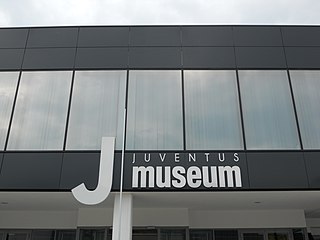
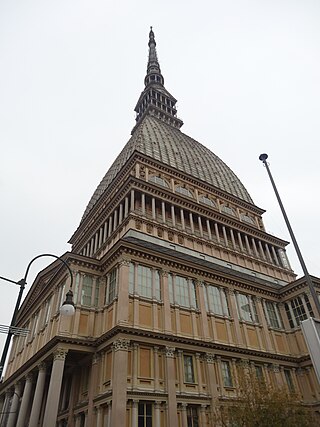
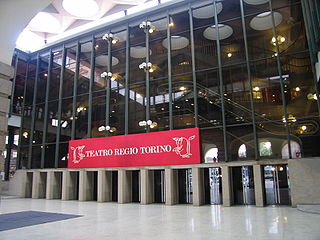
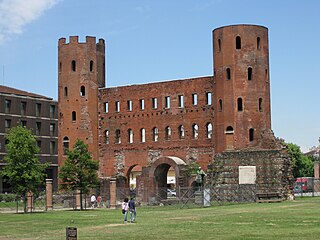
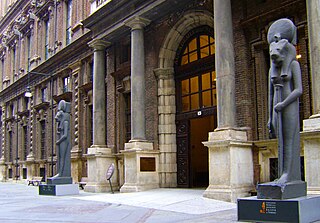
.jpg)
